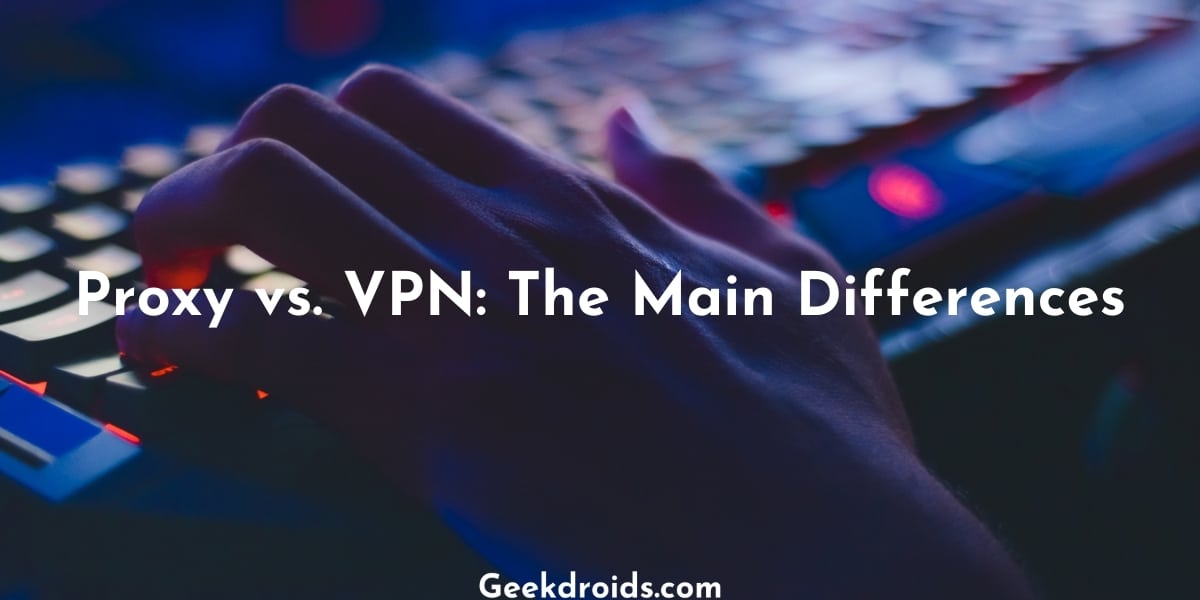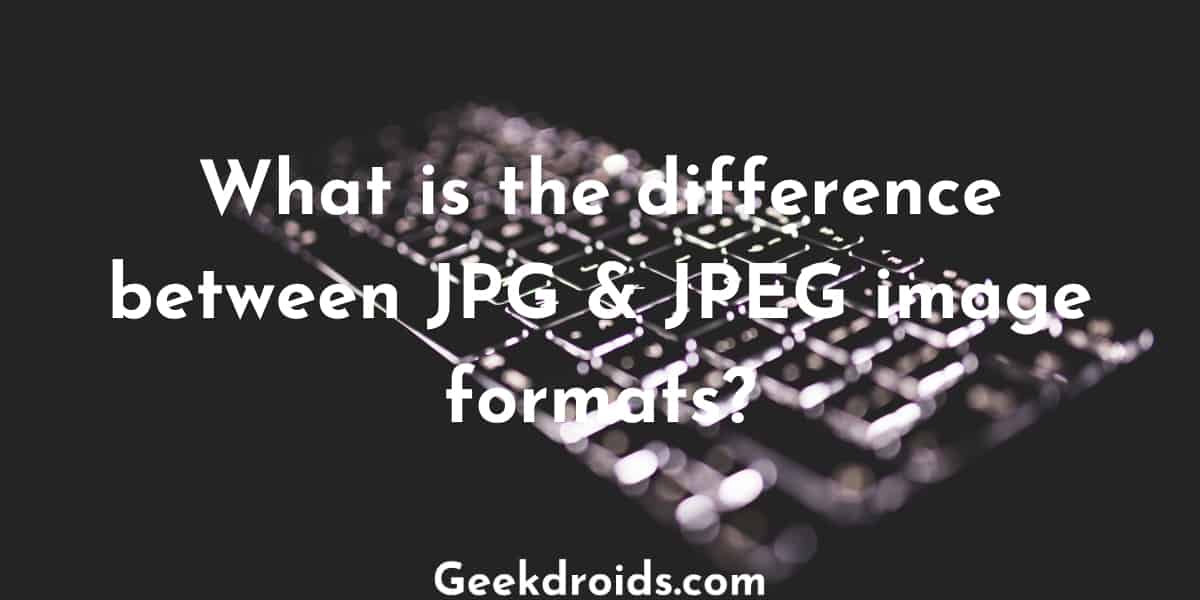If you were to search for ways of bypassing geo-restrictions on your preferred search engine, you would come across terms such as proxy servers and virtual private networks (VPNs). While these two technologies provide access to geo-locked content, enabling you to watch a movie on your favourite video streaming site, they are different. In the same breath, they are also similar in some ways.
This article will highlight the main differences as well as the similarities. It will also detail each technology’s drawbacks, setting the stage for an insightful discussion into which option is better.
What is a proxy server?
Page Contents
A proxy server/proxy is an intermediary through which web requests originating from a connected computer (or computers) are routed. The proxy assigns the web requests a new IP address in addition to hiding the real one. In this way, proxies provide access to geo-restricted content.
For instance, if you view content that only people in Germany can access, you can use a Germany proxy, which will assign your computer a German IP address. All websites track users’ IP addresses. Thus, when the website enforcing geo-restrictions comes across web requests emanating from the Germany proxy bearing a German IP address, it will provide the requested content.
What is a VPN?
As the name suggests, a virtual private network (VPN) is a private network created virtually by connecting two nodes. It is an encrypted tunnel between a user’s computer and a service provider’s server (exit node) located in another country. The encryption enhances security as it prevents eavesdropping. However, it comes at a cost. It slows down the connection speed since the requests and resultant content first have to be encrypted before being sent through the tunnel
Nonetheless, like the proxy server, VPNs bypass geo-restrictions. In this case, a user’s computer assumes the exit node’s IP address. If the service provider’s server is located in Germany and you, as the user, are located in Australia, your computer will acquire a German proxy server. Therefore, this arrangement enables you to access content that only residents of Germany can view.
Although both proxy servers and VPNs bypass geo-blocking, they are different. The next section highlights more similarities.
Similarities between proxy servers and VPNs
VPNs and proxy servers are similar in the following ways:
- They promote secure browsing
- They protect against snooping
- They hide the user’s real IP address and assign their computer a new IP address
- They bypass geo-restrictions
- In both cases, web traffic is routed through an external server, of course, except for HTTP proxies
Differences between Proxy Servers and VPNs
Proxy servers and VPNs differ in the following ways:
- VPNs encrypt data while proxy servers do not – VPNs are more secure than proxy servers
- Proxy servers are fast while VPNs are slow – VPNs’ encryption means that performance takes a hit. However, free proxy servers are generally even slower than VPNs.
Why are proxy servers better than VPNs?
Besides these differences, proxy servers and VPNs have certain drawbacks that spark a debate about which option is better. For instance, some VPN service providers store communication logs that contain users’ information – they keep users’ browsing history. In the event that they get hacked, this data can be readily accessed. In fact, VPN leaks are notoriously common, particularly in cases where the software has not been sufficiently tested or correctly installed. Additionally, some providers may choose to sell the data, meaning that it could easily land in malicious individuals’ hands.
Furthermore, some VPNs balance the load by randomizing servers. As such, if you intend to access content from a particular location, you may not have that privilege. Also, the more secure VPN packages are expensive and could be out of reach for some users. To further compound the problem, security experts recommend these expensive options because their features guarantee unrivaled protection.
These drawbacks point to proxy servers as the better option. However, with proxies, you would have to sacrifice encryption, which adds another layer of security on top of hiding your IP address. With that being said, proxies also provide extra protection. For instance, they operate much like firewalls by stopping web traffic from being sent directly to your computer.
Additionally, some proxies, e.g., HTTP proxies, filter content sent via the unsecure Hypertext Transfer Protocol. They only allow authorized files to be stored on a user’s computer or web server. Simply put, proxies provide a versatility that is unheard of when using VPNs.
Besides securing the computer network, you can also use proxies to restrict access to specific websites or facilitate smooth web data extraction. They also provide access to geo-restricted content, as the Germany proxy example clearly showed.
Nonetheless, to enjoy all these benefits, you must choose a reputable proxy provider. You must also steer clear of free proxies since the service providers either share the proxy servers or assign blocked IP addresses.



